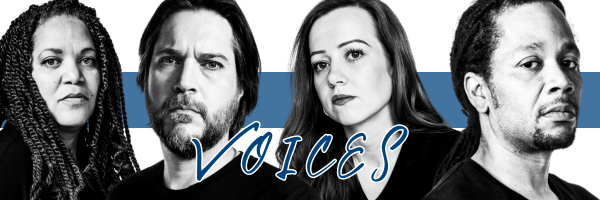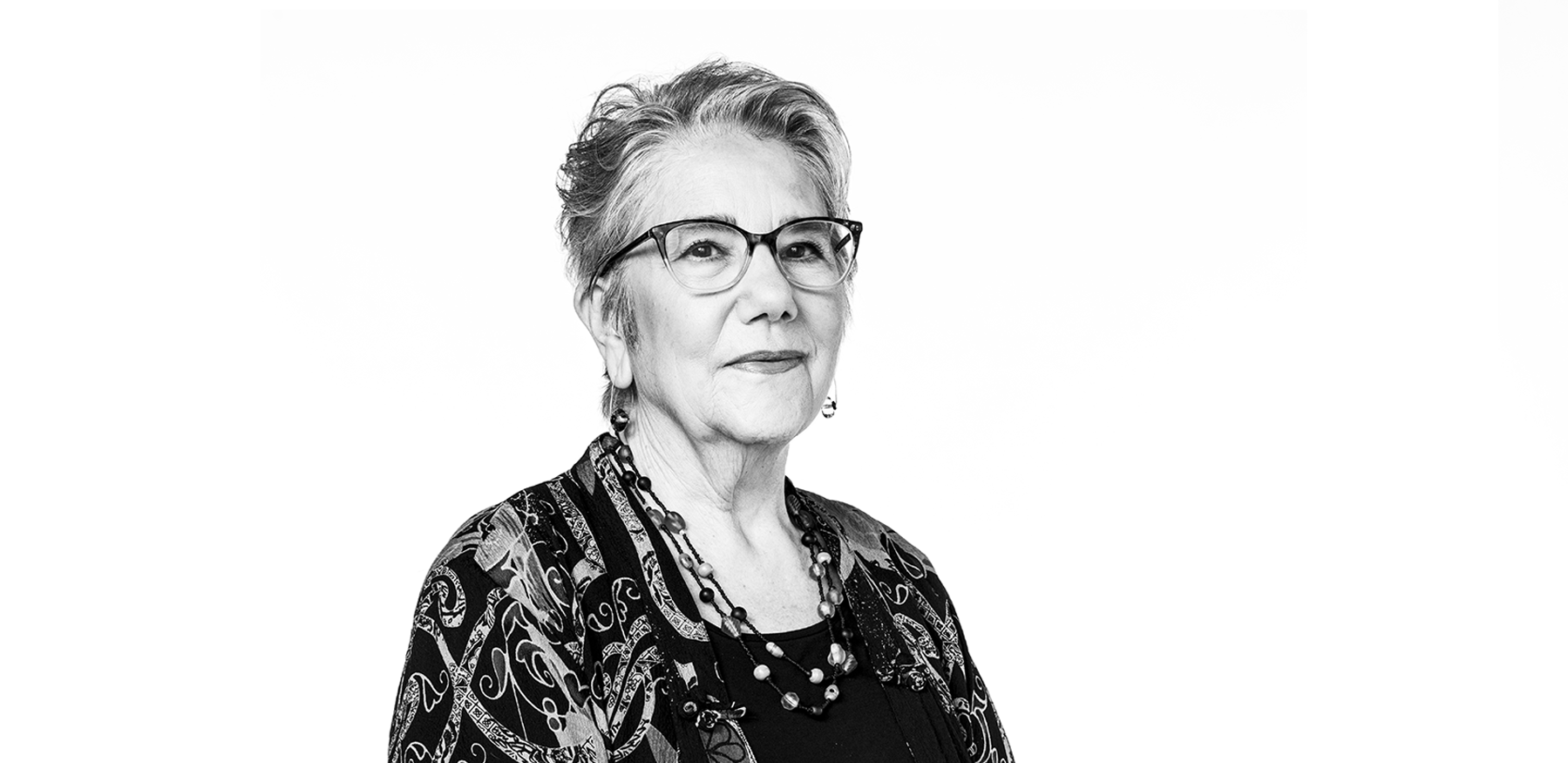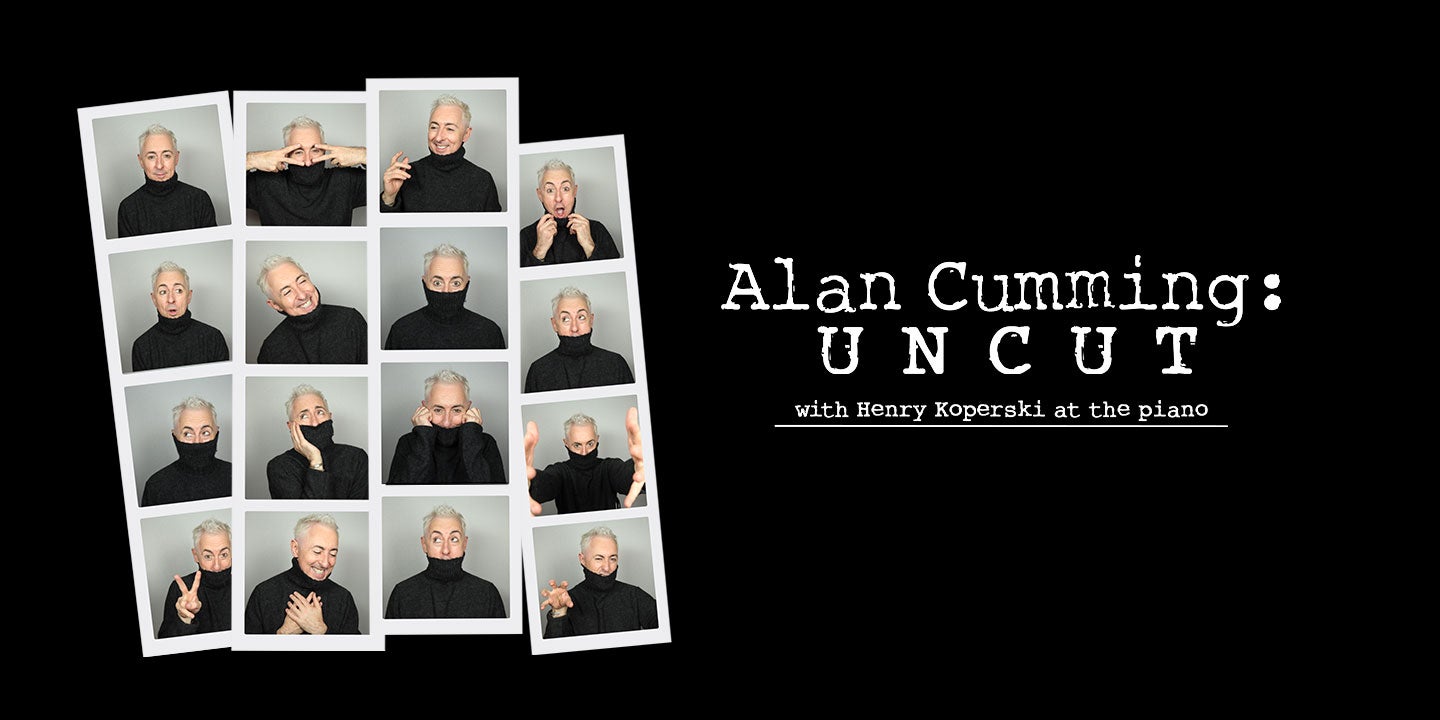The first time I realized there was something wrong with me was in October 1970, I had turned 5 years old and was in kindergarten. I asked the teacher for permission to go to the bathroom.
After I finished urinating, alone in this large and lit bathroom, I looked at my penis and felt it looked odd. Something was telling me I was not right.
My parents did not raise me. I am the result of a mixed marriage; my father is white and my mother is black.
The same year for Christmas day my parents sent for me to spend Christmas with them. At some point in the afternoon I was ordered to bathe. I recall going into the bathroom and seeing my father stepping out of the shower. I was amazed at his athletic body and the fact that his penis was so big, and very different looking from mine. He was not circumcised. At that moment I thought, being just 5, well that’s how my penis will be when I’m grown up!
I heard my father was quite disappointed he didn’t have a girl. He wanted to have black daughters who looked just like his wife, my mother. But I was born a boy and just as white as him, and as I grew up, I looked like a mini-him.

Apparently, after my birth, he was approached by some quack doctor in the hospital who convinced him to have me circumcised. My grand-aunt, who was present at the time the mutilation took place was against it, but my father did not listen to her or anyone else.
As a result, I was scared and deformed for life.
Years later I learned no older male member of the family was cut.
Because I wasn’t the baby my parents expected, my paternal grandparents and my grand-aunt took me in and raised me. My father had hardly any involvement in my life after that, except for playing taxi driver and taking me from point A to point B. Essentially, I grew up fatherless.
A year after my birth, my parents had another child, I another boy. And eight later, hoping for a daughter, they tried again — and yet another baby boy was born.
Father had them both cut as well.
I did not grow up with my siblings, but my middle brother spent most summer vacations with my grandparents. As children, we sometimes took showers together, and because my brother’s penis was “like” mine I thought that was how all males were supposed to look and be. But he did not have the same scars and deformity I had below the glans.
It wasn’t until I was in my late 30s that I came to terms and realized what has been done to me.
I never got to confront my father about it, as he died suddenly from a heart condition.
I got all the love and care a child could ask for from my grand-aunt and my grandparents. But I will NEVER forgive my father for having my body mutilated the day after I was born. As a result, I feel and look sexually inferior to other males.
I read somewhere that all male mammals have foreskin from the tiniest mouse to the largest whale. If cutting off the foreskin is so important, then why it isn’t being done on all male house pets and farm animals? Because it is NOT a birth defect. It is a natural part of being male, and I wish it had never been taken from me. I find the whole circumcision act disgusting, almost like a perverted form of cannibalism.
I curse the hands of all surgeons who do this to all baby boys everywhere, especially the one who mutilated me.
— Eugene Ocasio, resident of Puerto Rico
Interested in lending your voice? Send us an email, giving us a brief summary of what you would like to write about, and we will get back to you.




No Comments